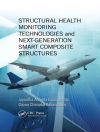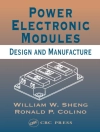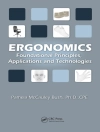Mass spectrometric techniques have developed over recent years to offer ever increasing solutions to solving problems in food processing and packaging. Even the smallest amount of contamination in food can cause a problem for food production companies, thus they are keen to find speedy and efficient quality control methods.
This book outlines how ingredients and their interrelationship with processing and packaging have developed with the exploitation of mass spectrometry and gives practical protocols to stake holders showing the flexibility of this technique.
With huge relevance worldwide, this book will appeal to food packaging scientists and mass spectrometry practitioners alike.
Table of Content
Risk Assessment of Plastic-based Food Contact Materials: Focus on Polyolefins; Food Contact Paper and Paperboard: Examples of Gas and Liquid Chromatography Determinations; Additives, Inks and Other Migrant Substances in Food Contact Materials; Adhesives in Food Packaging; Volatile Compounds Through and from Packaging; Migration and Sensory Changes in Packaged Food Products; Risk Assessment of Plastic Packaging for Food Applications; Non-target/High-resolution Mass Spectrometric Strategies Combined with Proper Data Handling and Software Elaboration Applied to Food Contact Materials Issues; Migration of Nanomateials from Food Contact Materials; Solutions Commonly Applied in Industry and Outsourced to Expert Laboratories; Subject Index












